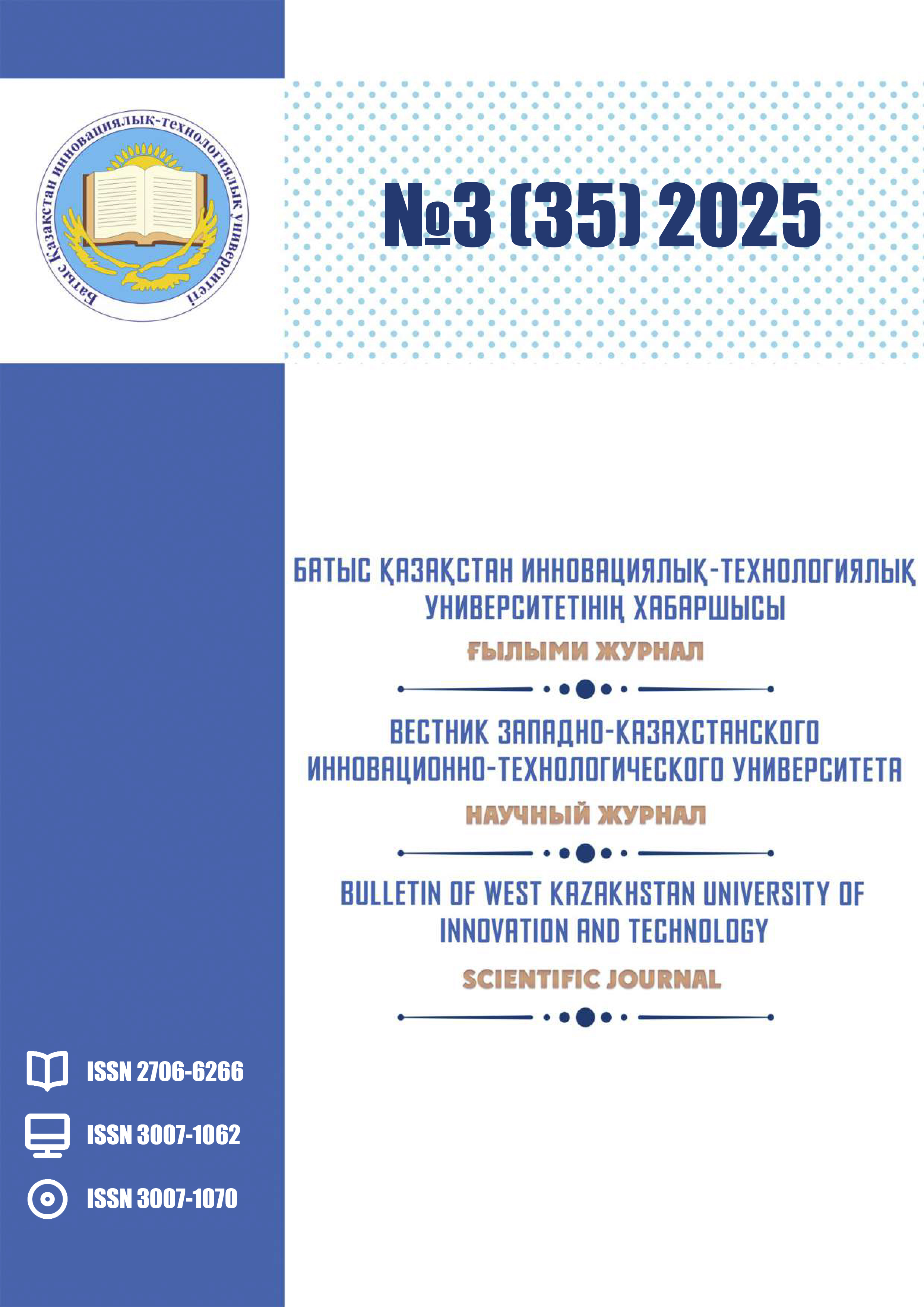LINGUISTIC ASPECTS OF USING ARTIFICIAL INTELLIGENCE IN TEXT ANALYSIS AND INTERPRETATION
DOI:
https://doi.org/10.62724/202530203Keywords:
artificial intelligence, linguistic education, academic writing, automated text analysis, digital technologies, critical thinking, neural network platforms.Abstract
The article presents a comprehensive analysis of the potential use of artificial intelligence (AI) and automated text analysis in modern linguistic education. Purpose: To explore the opportunities of integrating AI tools into the process of teaching language and literature.
Relevance: The relevance of the study is determined by the rapid development of digital technologies and the need to adapt the educational process to new realities, especially through the integration of AI in the humanities.
Methods: The study employs theoretical analysis of scholarly literature on digital transformation in education and empirical data obtained through a survey of philology students.
Results: Key areas of AI application in education were identified: automatic spelling and grammar checking, text generation, lexical-semantic analysis, support for academic writing, and development of text interpretation skills. Survey results revealed that AI tools contribute to enhancing students’ motivation, engagement in learning, and skills in independent analysis. At the same time, the research highlighted risks such as reduced critical thinking, increased dependence on technology, and the replacement of originality with algorithmic patterns.
Conclusion: Effective use of AI in linguistic education requires a pedagogically grounded approach that ensures a balance between technological assistance and the development of students' cognitive autonomy.

